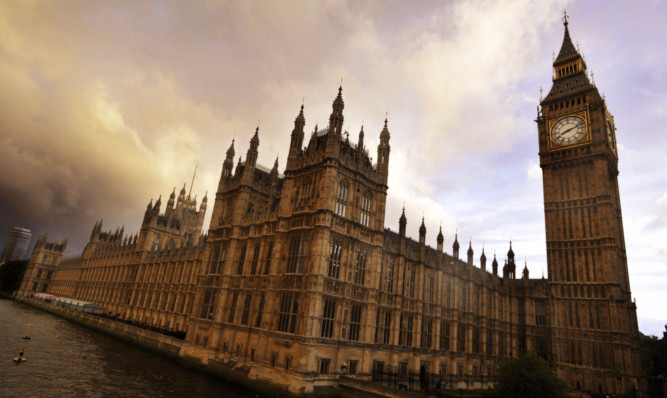Nick Clegg has warned the public would not understand it if MPs were awarded a bumper pay rise.
The Deputy Prime Minister said he would not accept an award well in excess of the pay increases for other public sector workers.
His warning came amid reports the Independent Parliamentary Standards Authority (Ipsa) is considering setting a pay rise of around £7,500, taking an MP’s salary to £75,000.
Speaking at the first of his planned Whitehall news conferences, Mr Clegg made clear a rise on such a scale would be unacceptable to voters.
“My own view is the public would find it impossible to understand particularly as (there are) millions of people in the public sector whose pay is only increasing by 1% their parliamentary representatives at a time like this would be receiving pay increases far in excess of 1% increase,” he said.
“Speaking for myself, I would certainly seek to do whatever I can to make sure either this decision is not taken in the first place but that’s out of my hands but secondly, if were to be taken, not to take pay increase.”
Prime Minister David Cameron has already urged Ipsa to “show restraint” warning it would be “unthinkable” to make Westminster more expensive to the taxpayer, while Labour leader Ed Miliband has also signalled his opposition to such a large increase.
According to weekend newspaper reports, sources have indicated the regulator would suggest raising MPs’ pay to £75,000 a year, coupled with much higher pension contributions.
Mr Cameron said he did not know what the independent body would recommend.
However, he added: “Whatever Ipsa recommends we can’t see the cost of politics or Westminster going up. We should see the cost of Westminster go down.”
He added: “Anything would be unthinkable unless the cost of politics was frozen and cut, so I’ll wait and see what Ipsa have to say.
“What I said to Ipsa was restraint is necessary.”
The Prime Minister’s plans to cut costs by reducing the number of MPs by 50 to 600 were ruined when the Liberal Democrats turned against them in a tit-for-tat act after entrenched Tory opposition blocked reform of the Lords.
Mr Cameron said: “I famously had a plan for reducing the House of Commons which was nearly there.
“Actually the House of Commons voted for it. I’m the first Prime Minister who achieved this feat of getting the House of Commons to reduce their number.
“For one reason or another that fell apart.”
A Downing Street spokesman said in its formal submission to the Ipsa consultation, the Government said it expected the regulator to “take the broader fiscal climate into account … noting in particular the approach has been taken by the Government to public sector pay and pensions”.
